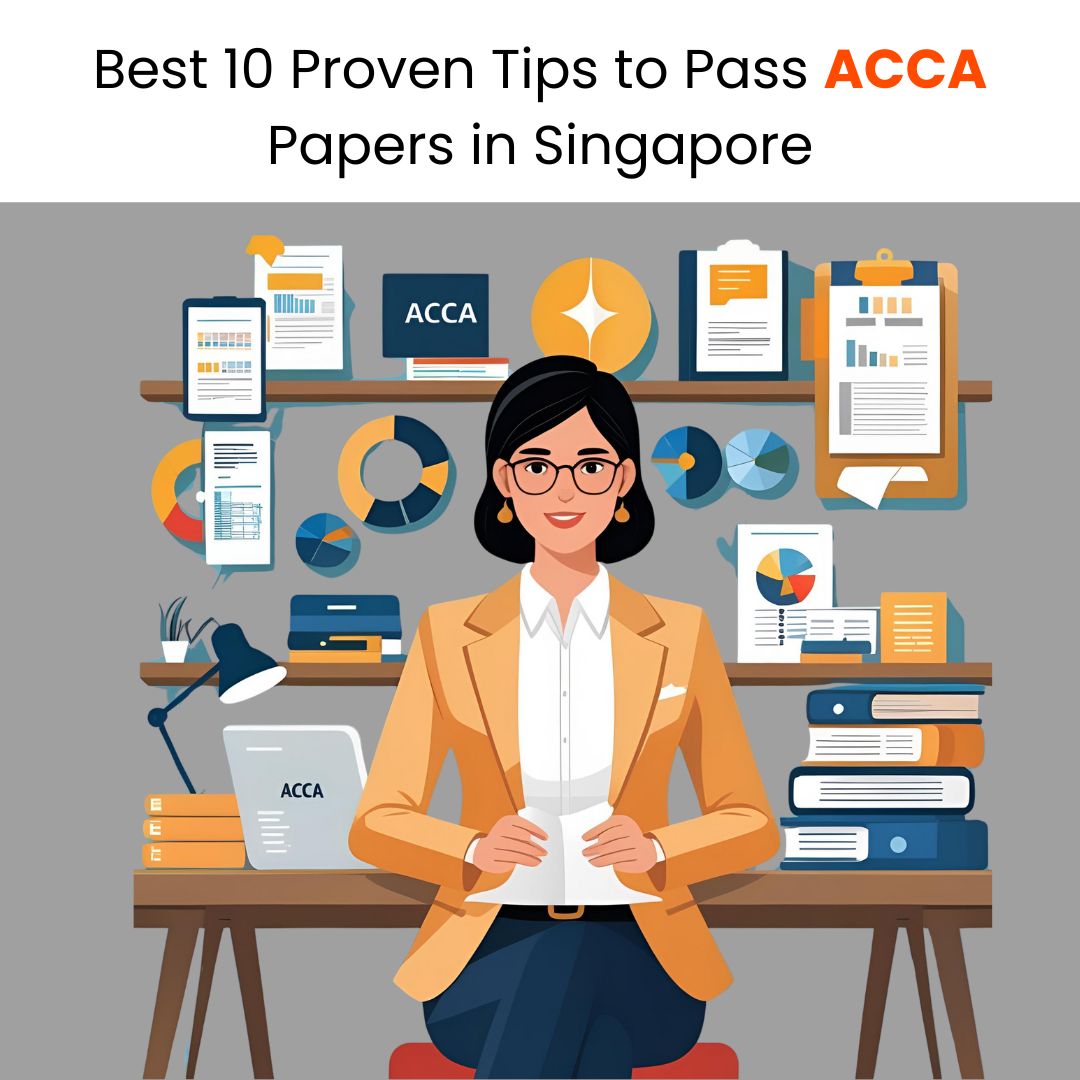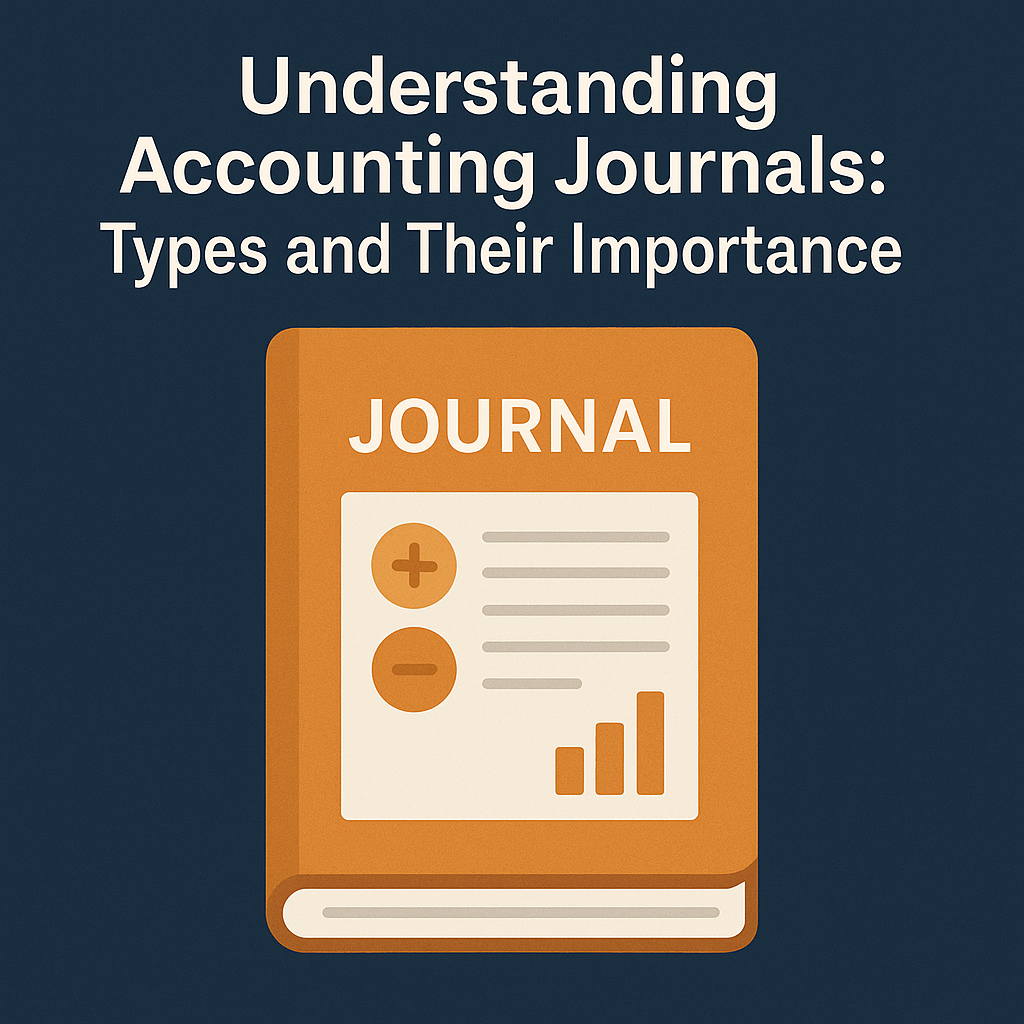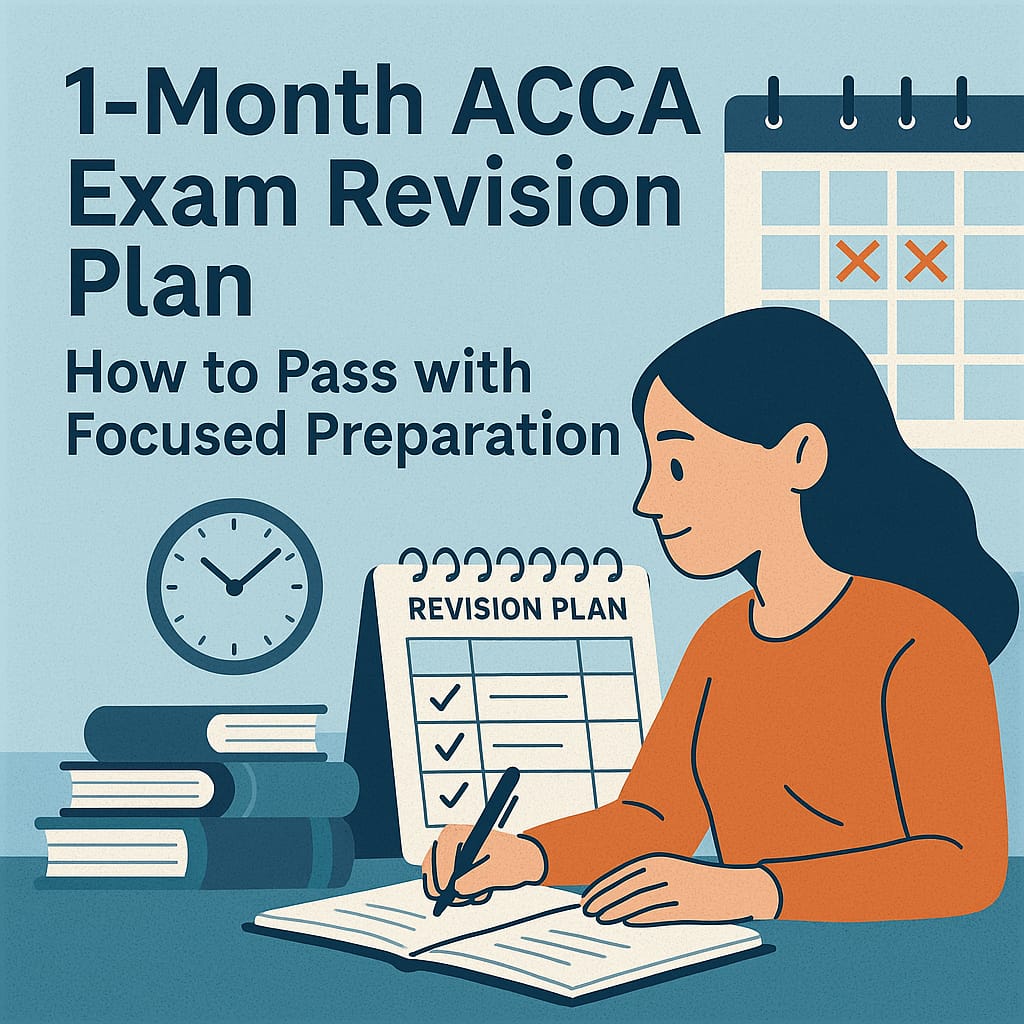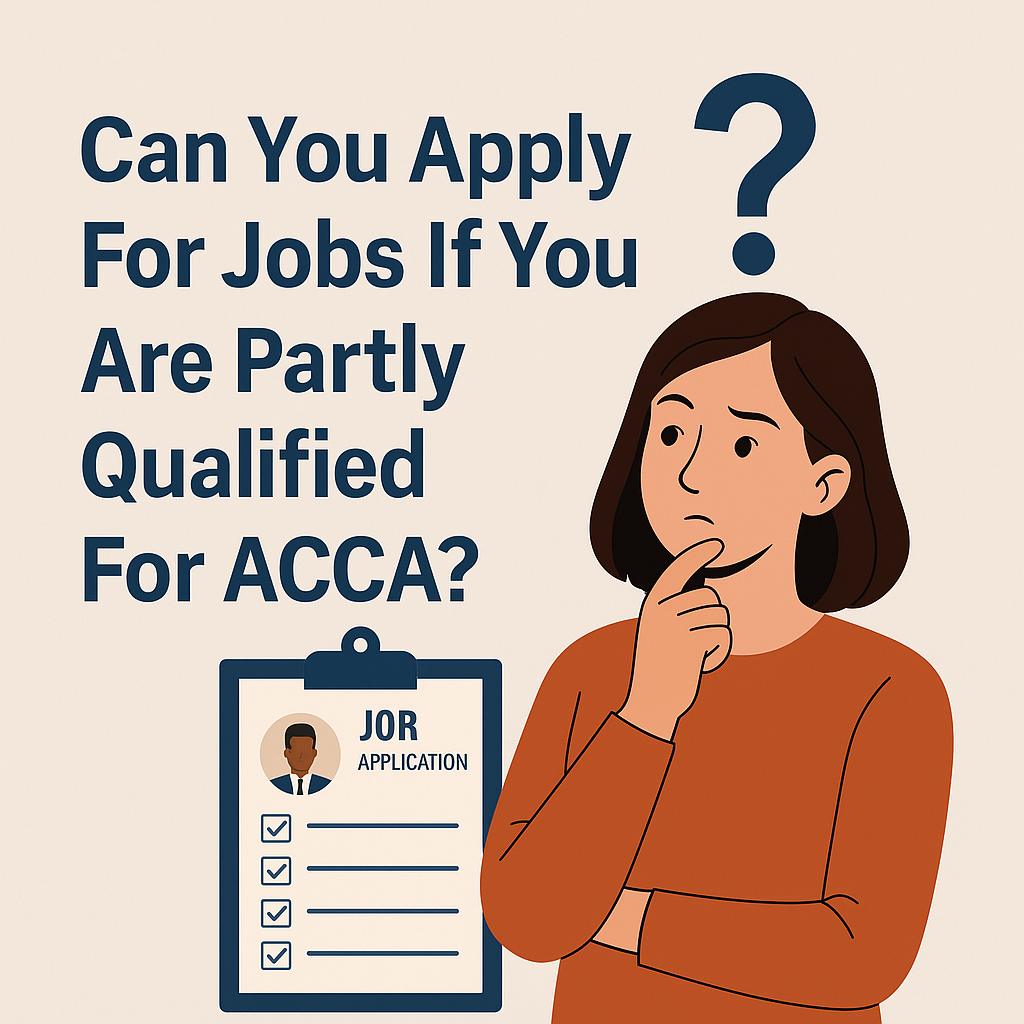With the growing competition, passing ACCA papers in Singapore can seem daunting. However, with strategies that perform right, tools, and commitment, passing this paper becomes more achievable than ever. If you are starting your ACCA qualification or are struggling with specific exams, this guide will walk you through 10 proven tips to help you prepare and succeed in Singapore, where the financial industry is growing and evolving. Therefore, certified professionals of ACCA in Singapore are in high demand. With its flexible structure and global recognition, the journey is rewarding but needs a smart approach too.
10 Proven Tips to Pass ACCA Papers in Singapore
Here are the 10 proven tips to pass ACCA papers in Singapore.
Exam Structure Understanding
You have to get a solid understanding of the ACCA syllabus even before you start your ACCA qualification. The structure of each paper is different, with a mix of objective questions, case studies, and long-form answers. Refer to the ACCA’s global website or your ACCA course provider in Singapore to access past exam papers, examiner reports, and the syllabus breakdown. Knowing what to expect helps you tailor your study techniques.
Plan an Actionable And Realistic Study Schedule
Making a clear and consistent study schedule is critical but it is important as well. Allocate specific time slots daily or weekly for each paper. The ACCA qualification includes a mix of Applied knowledge, Applied skills, and strategic professional papers each needs a different preparation time. Do not forget to include revision and breaks.
Enroll in Reputable ACCA Courses in Singapore
If you’re doing self-study let alone do not do this. Instead, enroll in ACCA Courses Singapore. Many tuition providers offer physical classes and ACCA online learning that suits your schedule. Courses guided by experienced ACCA online tutors or in-person can simplify complex concepts, offer exam strategies, and provide personalized support. Choose programs with high pass rates and positive reviews.
Focus on Understanding Concepts
Only memorizing things will not pass you through the ACCA Papers in Singapore. These exams are designed to test your application of knowledge to real-world scenarios. So, aim for a deeper undertaking rather than just definitions and deadlines. Regularly test yourself on how well you can apply concepts to practical knowledge.
Practice Past Papers Regularly
Solve as many past pacers as you can under the calculated timed conditions. This familiarizes you with the pattern, helps in improving speed, and identifies areas of weakness. Utilize the kits authorized by ACCA and go over the examiner’s suggestions. Pay attention to the common mistakes students make and avoid them in your net answers.
Use Approved Learning Materials
Stick to study materials that are approved by the ACCA. These include publishers like Kaplan and BPP. Using reliable resources make sure you are studying the right content aligned with the latest syllabus. Utilize the kits authorized by ACCA and go over the examiner’s suggestions.
Use ACCA Online Learning Platforms
ACCA’s online learning platform has made quality coaching accessible to everyone. Platforms like Open Tuition, and ACCA Global, offer quizzes, and mock exams, to aid in learning. Some platform offers ACCA coaching from qualified tutors who can help with doubts clearance, revision, and last-minute guidance.
Take Mock Exams Seriously
Mock exams give real exam feel and pressure. It will help you to evaluate how much you are prepared for the actual exam. Schedule at least one or two full mock exam papers before the actual exam date. After attempting the mock analyze your mistakes thoroughly. Understand not just what you got working but why so you can avoid it in the future.
Join ACCA Study Groups and Forums
Do not underestimate the power of peer support. Joining a study group either online or in person can keep you motivated, clarify doubts, and help you see different perspectives. Platforms like Reddit, Facebook groups, or dedicated ACCA forums are good places to connect with others pursuing the ACCA Qualification in Singapore.
Maintain a Consistent and Positive Mindset
Success in ACCA is about mental stamina along with technical knowledge. Stay confident and consistent in your efforts. Track your progress, celebrate your small achievements, and avoid comparing yourself with others. Remember many candidates do not pass in one go and that is okay. The key idea is to learn from your experience and try again with a better plan.

today!
How to Keep Your Preparation up to the Mark
Maintaining excellent ACCA qualifications requires self-control and evaluation.
Balanced Routine
Exercise, get proper sleep, and breaks. Do not study at the cost of your physical and mental health.
Weekly Self- Assessments
Check your progress weekly. Take mini quizzes and mini-mocks. This keeps your knowledge fresh and identifies gaps.
Time Management
Divide your preparation into milestones and track them using tools. Also, keep a spreadsheet of your preparation.
Feedback Loop
Suppose you are studying with a tutor or coach. Get input on how you performed throughout practice. This will help in the identification of weak areas to focus more on.
Conclusion
Passing ACCA papers in Singapore may be tough, but with a proactive mindset and a strong support system, you can pass. Through ACCA tutors online, courses, or peer groups you can achieve success. Start early, stay committed, and remember: that every hour of focused preparation brings you one step closer to your dream career in finance. By following the above 10 proven ACCA tips you will not only improve your chances of success but also build the confidence and skills that stay with you long after you have earned your ACCA membership.
Frequently Asked Questions
What are the ACCA pass rates in Singapore?
Although they vary per exam session and paper, the ACCA pass rates are generally in line with the global norm. Some papers have pass rates around 40– 50% while others may be higher with proper preparation and coaching.
Can I study ACCA online in Singapore?
Yes, digital learning is a flexible and popular option in Singapore offering video lessons, tutor support, and mock exams from reputed platforms.
How many hours should students study for each?
On average there are 100– 150 hours per paper is recommended. However, this can vary depending on the background of the student, familiarity with the subject, and study approach.
Is self-study enough to pass ACCA Exams?
While possible, many students benefit from ACCA Courses Singapore or guidance from ACCA Tutors online for structured learning, especially in technical papers.










